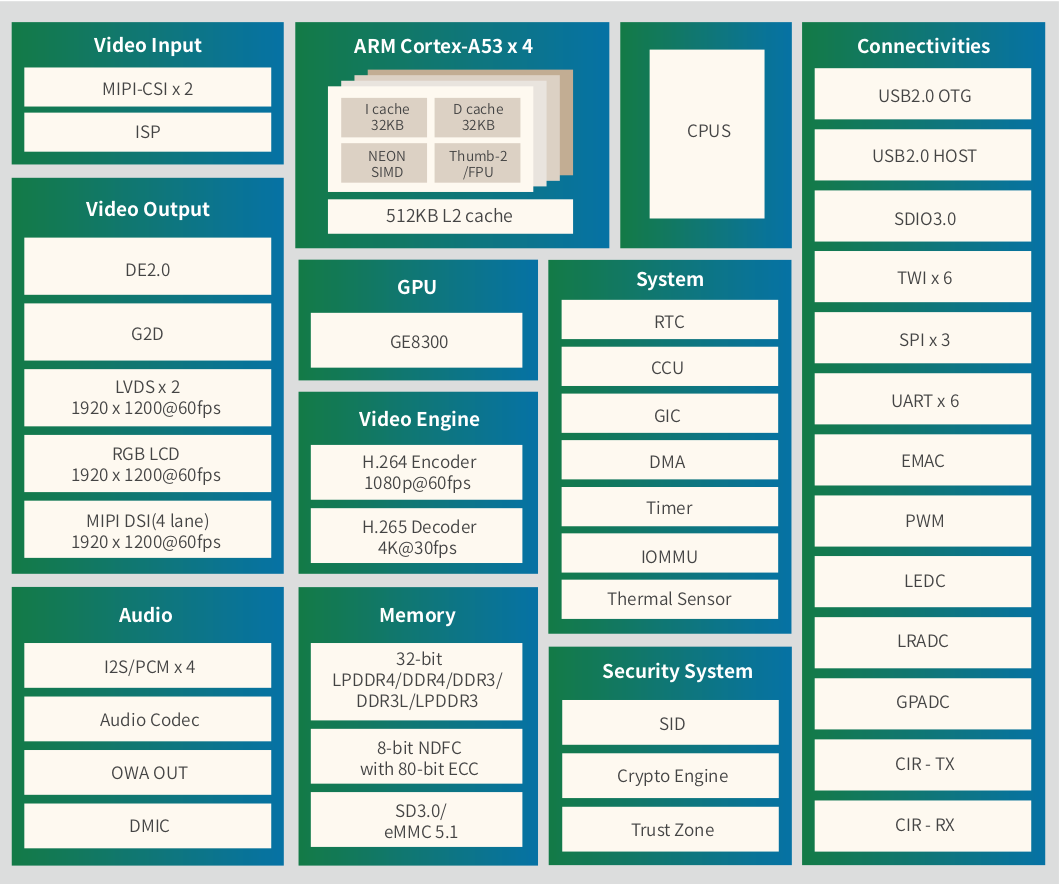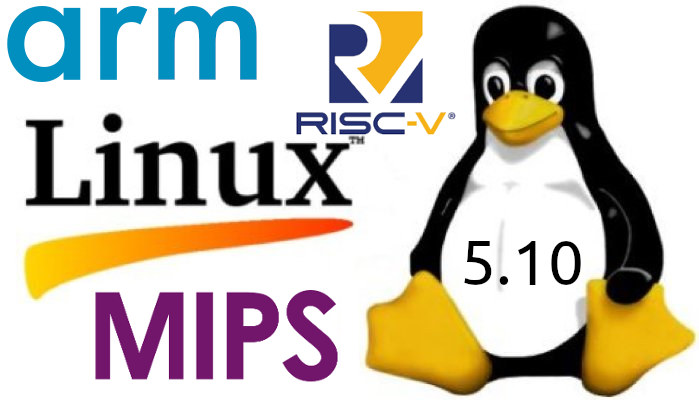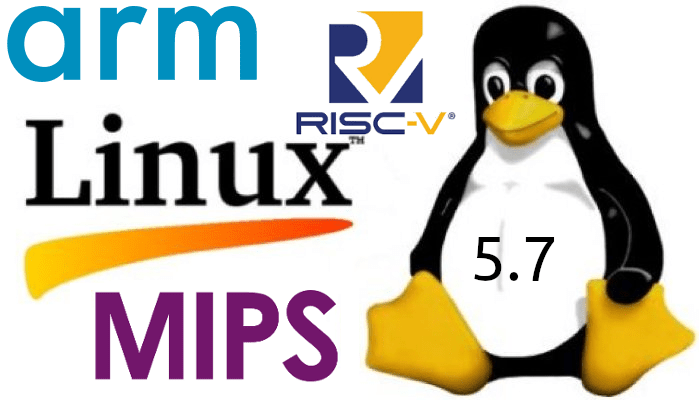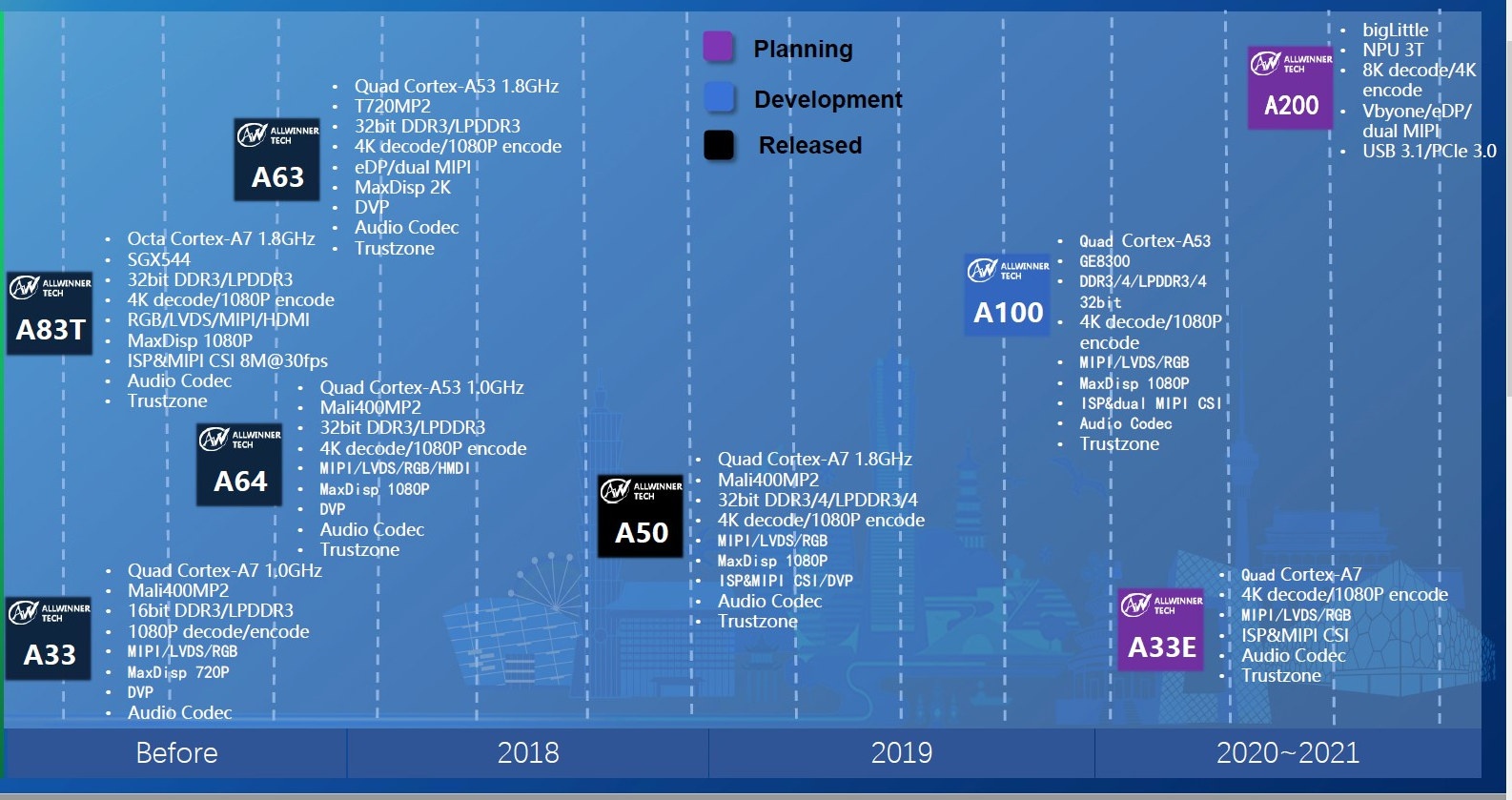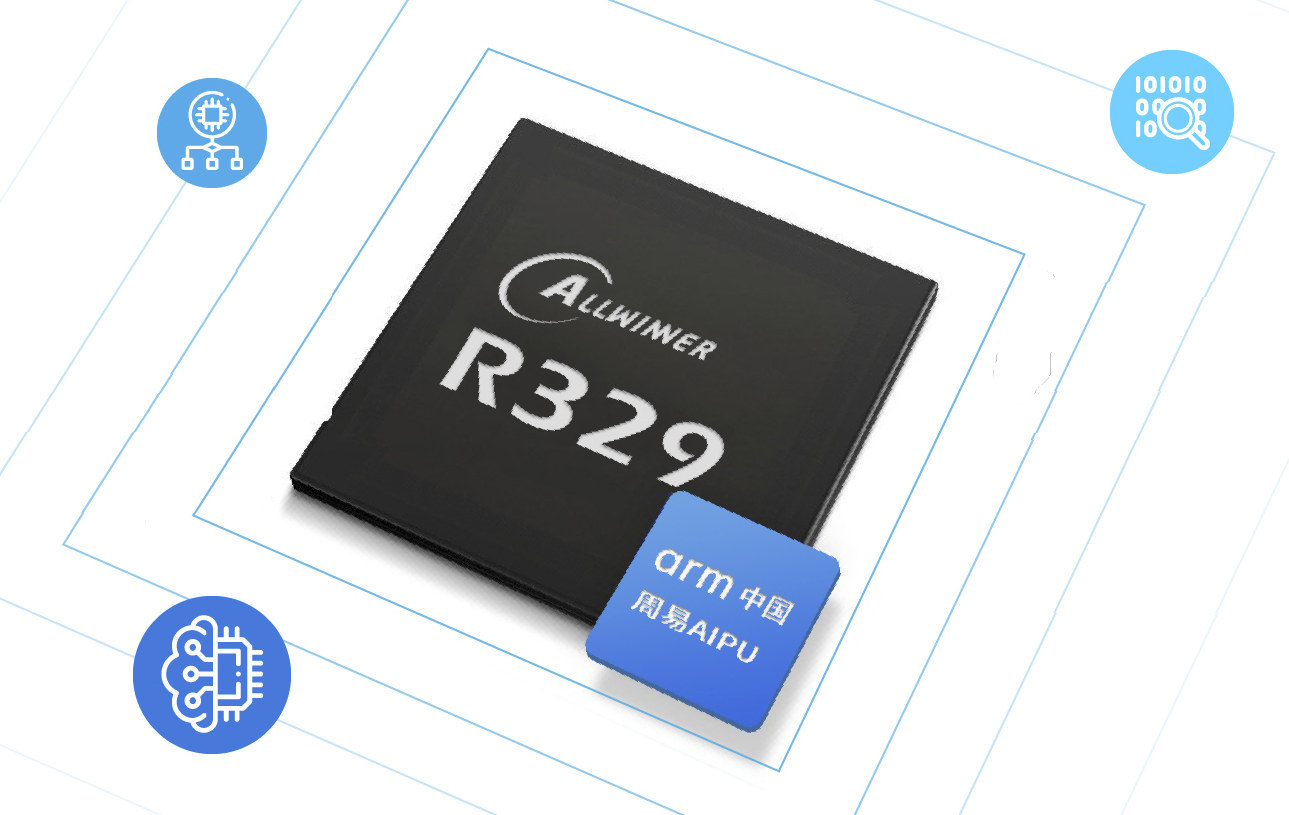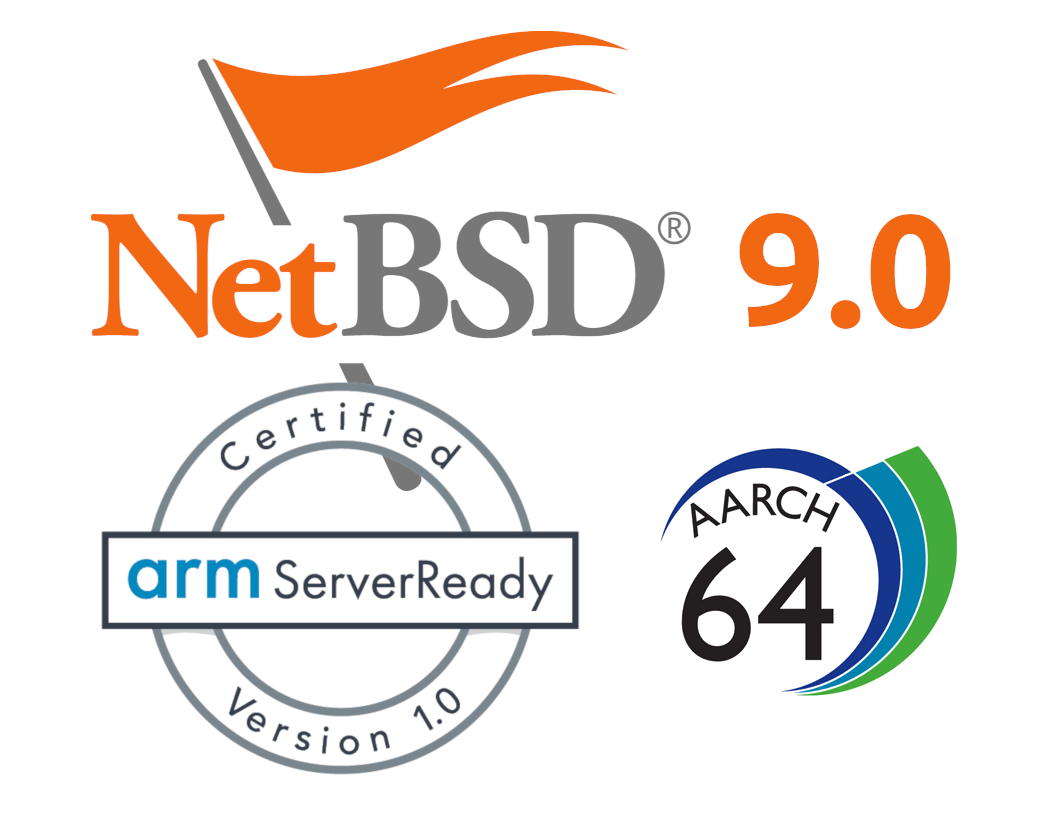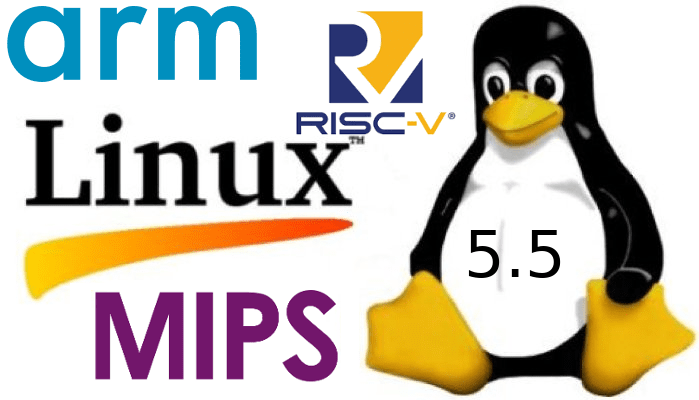As I wrote about the “Summer 2021 of Open Source Promotion Plan” earlier, I noticed a new open-source operating system called HybridOS described as “totally new” and designed for “smart IoT devices and cloud computing environment”. It’s actually more of an ecosystem than an operating system, as it offers three main components with a device side running on devices running Linux kernel or another POSIX-compatible kernel, a server side running on servers in the cloud, and a client side to manage the cloud and devices from Windows, Linux distributions, iOS, or Android. HybridOS Device Side relies on several open-source projects including: hiWebKit, the HybridOS derivative of WebKit: hiACEJS, the HybridOS derivative of OpenHarmony ACELite hiViewRenders, the renderers for hiview tag of hiWebKit hiShell, the app running environment (the shell) Various Graphics stacks including hiMesa, the HybridOS derivative of Mesa hiCairo, the HybridOS derivative of Cairo: hiDRMDrivers, DRM Drivers for HybridOS […]
Allwinner R818 SoC is made for smart speakers with a screen
We’ve previously covered several Allwinner R-Series processors designed for smart speakers such as Allwinner R328 and R329 dual-core Cortex-A53 processors with the latter include a small AI accelerator from Arm China. But the Chinese company has recently a new more powerful quad-core processor with Allwinner R818 suitable for smart speakers with a screen, also called “smart displays”. Allwinner R818 specifications: CPU – Quad-core Arm Cortex-A53 @ 1.6 GHz with 32KB L1 I-cache + 32KB L1 D-cache per core, 512KB L2 cache, and CoolFlex power management architecture GPU – Imagination PowerVR GE8300 with support for OpenGL ES3.2, Vulkan 1.1, OpenCL 1.2 Memory I/F – DDR3/DDR3L/DDR4/LPDDR3/LPDDR4, 32-bit width, up to 4GB Storage I/F – eMMC 5.1, 8-bit parallel NAND Flash, SPI NAND flash Video Unit H.265 video decoder 4K @ 30fps, H.264 video decoder 4K @ 30fps, VP9 video decoder 720p @ 30fps H.264 video encoder 1080p @ 60fps MJPEG/JPEG Baseline encoder […]
Linux 5.10 LTS release – Main changes, Arm, MIPS and RISC-V architectures
Linus Torvalds has just released Linux 5.10: Ok, here it is – 5.10 is tagged and pushed out. I pretty much always wish that the last week was even calmer than it was, and that’s true here too. There’s a fair amount of fixes in here, including a few last-minute reverts for things that didn’t get fixed, but nothing makes me go “we need another week”. Things look fairly normal. It’s mostly drivers – as it should be – with a smattering of fixes all over: networking, architectures, filesystems, tooling.. The shortlog is appended, and scanning it gives a good idea of what kind of things are there. Nothing that looks scary: most of the patches are very small, and the biggest one is fixing pin mapping definitions for a pincontrol driver. This also obviously means that the merge window for 5.11 will start tomorrow. I already have a couple […]
Linux 5.7 Released – Main Changes, Arm, MIPS and RISC-V Architectures
OK… I’m a bit late on that one. Linus Torvalds released Linux 5.7 last week: So we had a fairly calm last week, with nothing really screaming “let’s delay one more rc”. Knock wood – let’s hope we don’t have anything silly lurking this time, like the last-minute wifi regression we had in 5.6.. But embarrassing regressions last time notwithstanding, it all looks fine. And most of the discussion I’ve seen the last week or two has been about upcoming features, so the merge window is now open and I’ll start processing pull requests tomorrow as usual. But in the meantime, please give this a whirl. We’ve got a lot of changes in 5.7 as usual (all the stats look normal – but “normal” for us obviously pretty big and means “almost 14 thousand non-merge commits all over, from close to two thousand developers”), So the appended shortlog is only […]
Allwinner A-Series Processors 2020-2021 Roadmap – Allwinner A33E, A100 and A200 SoCs
We previously discussed Allwinner business units where each can share the same silicon (with different a name) but maintains its own software stacks for different target applications. Allwinner A-Series is the most well-known as Allwinner A10 & A20 were very popular SoC for tablets and TV boxes many years ago. CNX Software received two slides that originated from Allwinner this morning. The first one shows the different Allwinner processor families, and the second provides a roadmap for A-Series processors for tablets with A33E, A100, and A200 coming this year and next. Let’s go through the Allwinner processor families first and their main use case: R-Series and MR-Series – Smart home applications A-Series – Tablets VR-Series – Virtual reality H-Series and F-Series- High-performance applications like multimedia (TV boxes) T-Series- Automotive, I suppose mostly infotainment V-Series – Camera SoCs XR/XIN-Series – Wireless chips like the infamous XR819 WiFi chip. AXP – PMIC […]
Allwinner R329 Smart Speaker Processor Features Arm China’s AIPU (Artificial Intelligence Processing Unit)
Allwinner R328 is a dual-core Cortex-A7 processor with 64MB or 128MB built-in RAM designed for low-cost smart speakers that was introduced last year and found into smart speaker sold in mainland China. According to a recent press release (in Chinese only), the company has now released a 64-bit update with Allwinner R329 dual-core Cortex-A53 processor equipped with dual HIFI4 DSP for audio post-processing and pre-processing, as well as Arm China’s AIPU (Artificial Intelligence Processing Unit) delivering up to 0.256 TOPS at very low power. There’s no product page for Allwinner R329 yet, so I extracted some specifications from the press release: CPU – Dual-core Cortex-A53 @ up to 1.5 GHz DSP- Dual-core HIFI4 DSP @ 400 MHz AI Accelerator – Arm China AIPU with 0.256 TOPS Built-in DDR RAM Audio Embedded second-generation VAD hardware 5x audio ADCs 2x audio DACs with 100dB SNR I2S and DMIC controller 5-1-channel and 7.1 […]
NetBSD 9.0 Released with Aarch64 Support, Arm ServerReady Compatibility
Yesterday, we wrote about Raspberry Pi 4 getting UEFI+ACPI firmware for Arm SSBR compliance allowing the board to run operating systems designed for “Arm ServerReady” servers out of the box. NetBSD 9.0 was just released on February 14, 2020, with support for Aarch64 (64-bit Arm) which had been in the works for a few years, and includes support for “Arm ServerReady” compliant machines (SBBR+SBSA). NetBSD 9.0 main changes related to hardware support: Support for AArch64 (64-bit Armv8-A) machines Compatibility with “Arm ServerReady” compliant machines (SBBR+SBSA) using ACPI. Tested on Amazon Graviton and Graviton2 (including bare metal instances), AMD Opteron A1100, Ampere eMAG 8180, Cavium ThunderX, Marvell ARMADA 8040, QEMU w/ Tianocore EDK2 Symmetric and asymmetrical multiprocessing support (big.LITTLE) Support for running 32-bit binaries via COMPAT_NETBSD32 on CPUs that support it Single GENERIC64 kernel supports ACPI and device tree based booting Supported SoCs Allwinner A64, H5, H6 Amlogic S905, S805X, S905D, […]
Linux 5.5 Release – Main Changes, Arm, MIPS and RISC-V Architectures
Linux 5.5 has just been released by Linus Torvalds: So this last week was pretty quiet, and while we had a late network update with some (mainly iwl wireless) network driver and netfilter module loading fixes, David didn’t think that warranted another -rc. And outside of that, it’s really been very quiet indeed – there’s a panfrost driver update too, but again it didn’t really seem to make sense to delay the final release by another week. Outside of those, it’s all really tiny, even if some of those tiny changes touched some core files. So despite the slight worry that the holidays might have affected the schedule, 5.5 ended up with the regular rc cadence and is out now. That means that the merge window for 5.6 will open tomorrow, and I already have a couple of pull requests pending. The timing for this next merge window isn’t optimal […]



